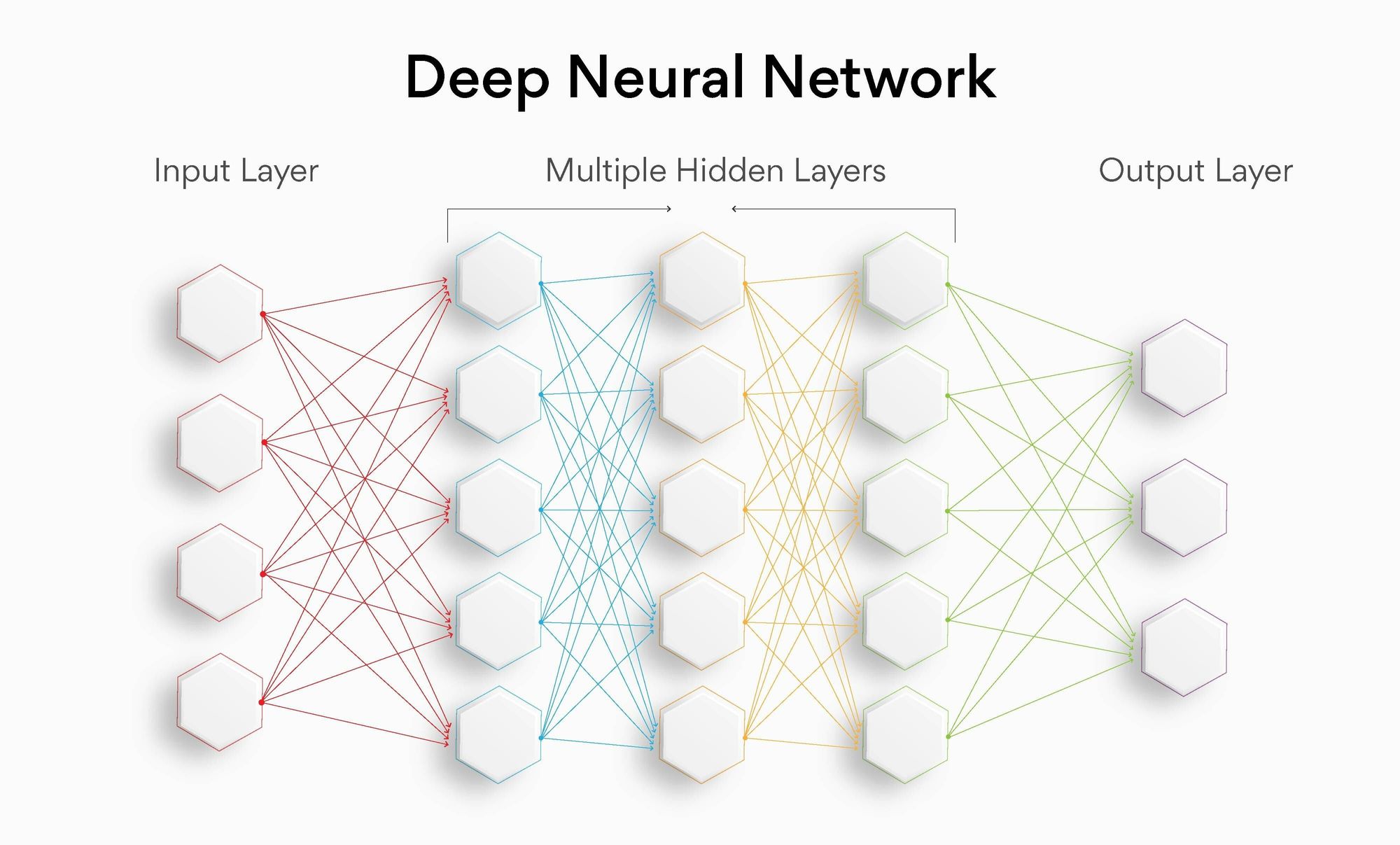Hey all,
I'm sorry I missed last week's post. I got caught up in a bunch of orientation activities for college and decided to forgo the week's writing.
That little bout of "healthy skipping" aside, I wanted to let everyone know I've had a great first two weeks at Northwestern! While I'm continuing to adjust to the diet constraints, dorm life, and not being at home, I've met so many amazing, capable people with boatloads of thought-provoking ideas to engage with. It feels nice to have my brain stretch its legs.
As a result, though, I'm feeling some growing pains with how I consume and process information. Luckily, I've been reading How to Take Smart Notes by Sönke Ahrens which has helped me distill some ideas for improving my study life.
One of the main insights I've made throughout this book was how I visualized my brain. Because for a while, I never had a great model of what went on in my head. For example, I know I'm good at some subjects and worse at others, have a pretty good memory, have the ability to process things, and can learn new things, but that's about the extent to which I thought about how my brain worked. To me, it was always just a computer with some special characteristics.
The CS enthusiasts among you would probably recognize this as a neural network:

Where many inputs (sight, sound, touch, smell, etc.) get put through all our little hidden neurons to create the genius (or ridiculously stupid) thoughts we all have.
Okay, that's all well and good, but what does this actually mean for us as users of our little idea factories and neural networks? Well, we've already made a multitude of assumptions switching over to these new mental models, and in my opinion, these are the most important things to keep in mind:
- Our mind factories are factories. They don't create raw materials or store what they produce.
The only thing factories care about is speed and efficiency. The faster you can present your brain with new stimuli: books, places, people, ideas, and even videos, the better it will get at turning those things into new, novel ideas. Be okay with forgetting a lot of things you learn for the ideas you really need or resonate with.
So, when you're learning/writing:
- You need to soak up as many ideas as possible. It's okay to throw away anything that's relatively unimportant as long as you note the good, intriguing ideas you come up with. And when you find those ideas, make the connections between other media you consume.
- Make sure your note-taking process doesn't slow down the factory. Quick, little notes should be made as soon as your ideas pop up. Nothing, not even your note organization should get in the way of continuous production. That's how you get into the "flow state."
- And please don't try to remember the ideas you've come up with. Nothing's worse than a factory that clogs its conveyors with products tries to hold onto.
- Our brains are built on emerging connections between our inputs - we don't know what the themes, topics, or links will be.
Fortunately (or unfortunately depending on if you're a STEM major), our brains can learn. So when we read something, take notes, or formulate arguments, we aren't always going to know what our argument will be or what the content's structure will form into. So while it's nice to plan out deadlines and note things to remember, we shouldn't try to do the same with our thinking. Don't put your ideas into rigid boxes.
- Sometimes the best workflow is to read until you've got an argument to make or something to say, then write till your ideas run out, read again, write again, and repeat that process.
- Note-taking should enable you to link your thoughts to each other just like your brain does. Not every idea you have will fit into one train of thought or even one line of thinking. Make your notes flexible and connectable.
- Flashcards and digital tools seem pretty good.
Anyways, that's all I've got today. I hope you learned something or were motivated to change how you read, write, or study. Remember, finding high-quality ideas that stick out to you is the goal, so if you can, go through as much content as possible and follow the paths or ideas you like the most.
Thanks for reading and have a great week!
-Ethan
Things I'm Enjoying:
📚 Books - Both Show Your Work! by Austin Kleon and How to Take Smart Notes by Sönke Ahrens were driving influences on this blog post. Specifically, they've both helped me change how I read from a slow, careful style to a quicker one that helps me find and analyze the best, most unique ideas more often. If that sounds like an intriguing idea to you, I suggest you check them out!
👨💻 Tech - This is a very college-focused buy, but I think a portable speaker is a must-buy for movie/YouTube nights with friends. For one, it makes all the media you're consuming sound so much better, and it also helps remedy those feelings of exclusion people can sometimes feel when they can neither hear nor see what's playing on the tiny laptops you use as TV screens.
💻 Website - Chess.com - I like chess a bit, so I've found Chess.com's puzzles a great way of taking a small brain break while keeping my brain in that critical thinking mode. Funnily enough, the fact that I don't pay for the premium version of the site is also a blessing because I can only play so many puzzles before the site tells me I have to pay (which is my signal to get back to work).